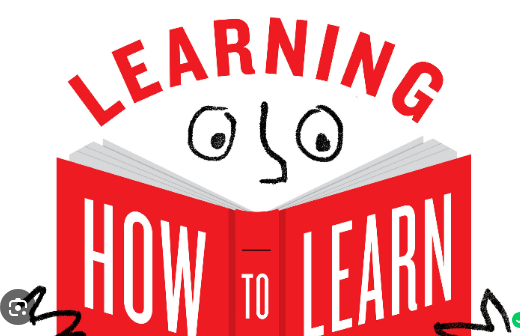Learning How to Learn
A Lifelong Journey
The adage
"we learn how to learn" encapsulates a fundamental truth about human
development. It suggests that the ability to acquire knowledge and skills is
not merely innate but is a skill that can be cultivated and honed over time.
This capacity for metacognition, or the awareness and understanding of one's
own cognitive processes, is essential for lifelong learning and personal growth.
Learning how
to learn involves a multifaceted approach that encompasses various strategies
and techniques. One crucial aspect is developing effective study habits. This
includes creating a conducive learning environment, managing time efficiently,
and employing active learning strategies such as summarizing, questioning, and
teaching others. By cultivating these habits, individuals can enhance their
ability to focus, retain information, and apply their knowledge in meaningful
ways.
Another
important component of learning how to learn is cultivating a growth mindset.
This involves believing that one's intelligence and abilities are not fixed but
can be developed through effort and perseverance. A growth mindset fosters a
positive attitude towards challenges and setbacks, viewing them as
opportunities for growth rather than failures. By embracing a growth mindset,
individuals can overcome obstacles and develop a lifelong passion for learning.
In addition
to study habits and mindset, learning how to learn also involves developing
critical thinking skills. Critical thinking involves the ability to analyze
information, evaluate arguments, and draw informed conclusions. By honing their
critical thinking skills, individuals can become more discerning consumers of
information and better equipped to make sound judgments.
Furthermore,
learning how to learn requires effective communication and collaboration
skills. The ability to articulate one's thoughts clearly and effectively is
essential for both academic and professional success. Additionally,
collaboration with others can foster a deeper understanding of complex topics
and promote creativity and innovation.
In
conclusion, learning how to learn is a lifelong journey that involves
developing a variety of skills and strategies. By cultivating effective study
habits, a growth mindset, critical thinking skills, and communication and
collaboration abilities, individuals can enhance their capacity for learning
and achieve their full potential. This investment in metacognition will not
only benefit them academically and professionally but will also enrich their
personal lives and contribute to a more informed and engaged society.

Comments
Post a Comment